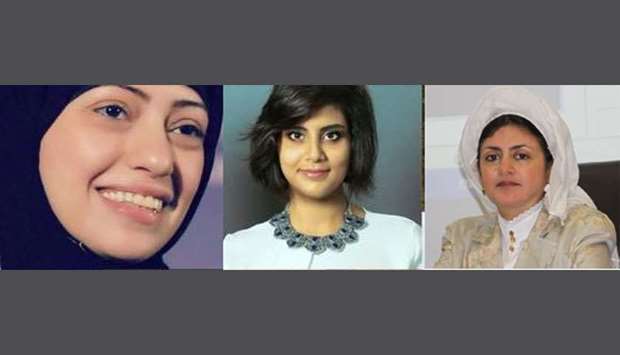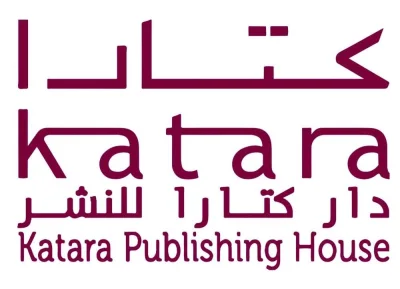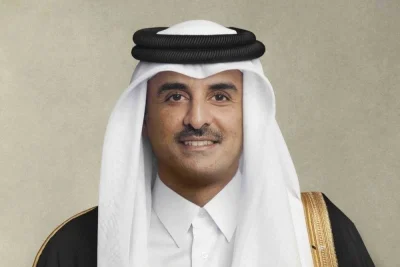Saudi Arabia's campaign to restore its international reputation kicked into high gear this last week. On Sunday, it released one of the most prominent businessmen it had been holding illegally since the end of 2017; on Monday, it staged an investment conference in which it sought $426bn in private investment for new ventures in mining, logistics and manufacturing. On Thursday, the government announced the end of its brutal crackdown on its own elite, during which hundreds were detained, some were tortured and all were subjected to what amounted to a shakedown, in which they were forced to hand over assets in exchange for freedom.
Meanwhile, Mariah Carey performed a concert, and top pro golfers played in a tournament, beginning what is billed as a “year of entertainment” that authorities claim will bring a host of international stars to the kingdom.
In an Opinion piece, The Washington Post said: The objective here is clear: to resume normal commerce between Saudi Arabia and the democratic world, and attract desperately needed investment, without meaningful change in the regime controlled by Crown Prince Mohamed bin Salman (MbS). It’s in the interest of the United States and its allies, as well as Saudi Arabia itself, that this strategy fail.
The 33-year-old crown prince has suppressed real and perceived opponents with a brutality that is unprecedented in Saudi history, culminating in the murder and dismemberment of journalist Jamal Khashoggi inside the Saudi Consulate in Istanbul last October. He has refused to accept responsibility or alter his methods. A top aide who oversaw the Khashoggi murder and the torture of female activists, Saud al-Qahtani, remains active. Though a number of big businessmen have been freed, at least nine of the female activists - whose offence was to press for rights such as driving - remain imprisoned.
The regime promised accountability for the Khashoggi killing, but in practice continues to stonewall. Eleven unidentified people - out of 21 the kingdom once said were responsible - are said to be on trial, but principal figures, including the forensic scientist who dismantled Khashoggi’s body with a bonesaw, are reportedly immune. A United Nations investigator who launched her own probe, special rapporteur Agnes Callamard, this last week was denied access to the crime scene at the Saudi Consulate when she visited Istanbul. Khalid bin Salman, the crown prince’s brother, has resumed his duties as ambassador in Washington, apparently calculating that his alleged role in luring Khashoggi to the Istanbul consulate and his false statements for days afterward will be forgotten.
The Trump administration appears content to accept all this. But success by Mohamed bin Salman in resuming normal relations will have bad long-term consequences. He will be encouraged to continue his reckless international adventures, which have ranged from kidnapping the Lebanese prime minister to the deliberate bombing of civilian targets in Yemen. He will continue to imprison and torture the best and brightest Saudis, who seek peaceful reforms in a hidebound political and social system.
Mohamed bin Salman’s apologists frequently speak of the need to preserve “stability” in the kingdom. But it is unstable now, and becoming more so. The best way to foster genuine equilibrium is for Western governments, investors and entertainers to shun the regime until it puts on more than a show of change. We’ll know that’s beginning to happen when Loujain al-Hathloul, Hatoon al-Fassi, Samar Badawi and other imprisoned women are free.
In an Opinion piece, The Washington Post said: The objective here is clear: to resume normal commerce between Saudi Arabia and the democratic world, and attract desperately needed investment, without meaningful change in the regime controlled by Crown Prince Mohamed bin Salman (MbS). It’s in the interest of the United States and its allies, as well as Saudi Arabia itself, that this strategy fail.
The 33-year-old crown prince has suppressed real and perceived opponents with a brutality that is unprecedented in Saudi history, culminating in the murder and dismemberment of journalist Jamal Khashoggi inside the Saudi Consulate in Istanbul last October. He has refused to accept responsibility or alter his methods. A top aide who oversaw the Khashoggi murder and the torture of female activists, Saud al-Qahtani, remains active. Though a number of big businessmen have been freed, at least nine of the female activists - whose offence was to press for rights such as driving - remain imprisoned.
The regime promised accountability for the Khashoggi killing, but in practice continues to stonewall. Eleven unidentified people - out of 21 the kingdom once said were responsible - are said to be on trial, but principal figures, including the forensic scientist who dismantled Khashoggi’s body with a bonesaw, are reportedly immune. A United Nations investigator who launched her own probe, special rapporteur Agnes Callamard, this last week was denied access to the crime scene at the Saudi Consulate when she visited Istanbul. Khalid bin Salman, the crown prince’s brother, has resumed his duties as ambassador in Washington, apparently calculating that his alleged role in luring Khashoggi to the Istanbul consulate and his false statements for days afterward will be forgotten.
The Trump administration appears content to accept all this. But success by Mohamed bin Salman in resuming normal relations will have bad long-term consequences. He will be encouraged to continue his reckless international adventures, which have ranged from kidnapping the Lebanese prime minister to the deliberate bombing of civilian targets in Yemen. He will continue to imprison and torture the best and brightest Saudis, who seek peaceful reforms in a hidebound political and social system.
Mohamed bin Salman’s apologists frequently speak of the need to preserve “stability” in the kingdom. But it is unstable now, and becoming more so. The best way to foster genuine equilibrium is for Western governments, investors and entertainers to shun the regime until it puts on more than a show of change. We’ll know that’s beginning to happen when Loujain al-Hathloul, Hatoon al-Fassi, Samar Badawi and other imprisoned women are free.
Courtesy: The Washington Post



